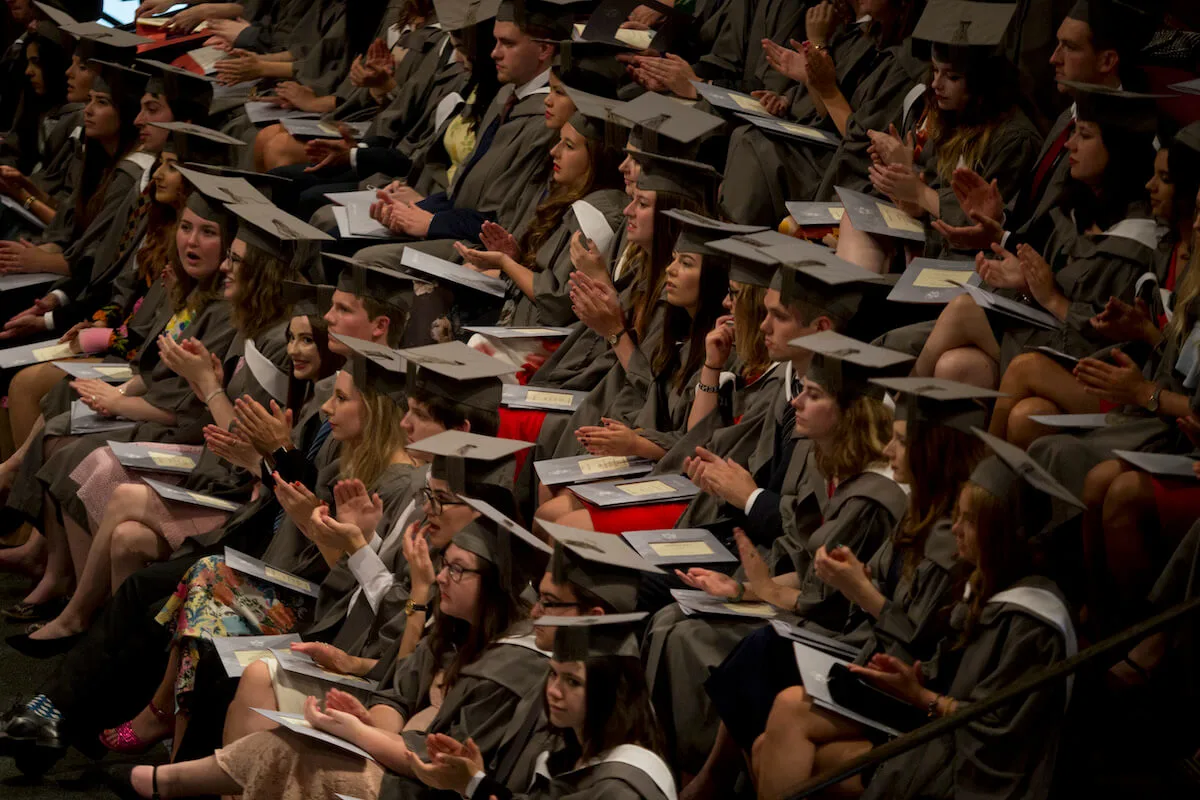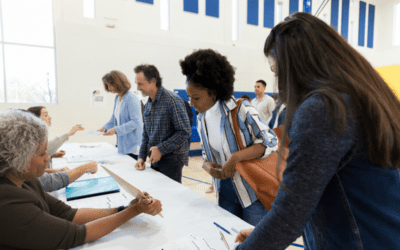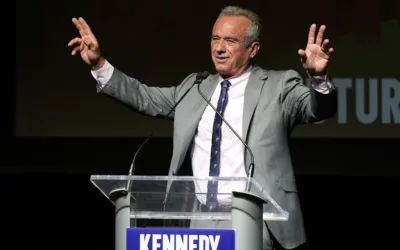
#image_title
New Supreme Court ruling will affect over 300,000 Wisconsin borrowers and slow the road to debt cancellation, but the Biden administration is trying a new, limited tactic.
Hundreds of thousands of Wisconsin families were impacted when the US Supreme Court last month struck down the Biden Administration’s student loan forgiveness plan, but it won’t end efforts to bring some kind of relief to some of the 43 million borrowers nationwide.
The Biden v. Nebraska case determined in a 6-3 conservative-liberal split that the Administration could not enact such a student debt cancellation plan under the 2003 Higher Education Relief Opportunities for Students (HEROES) Act – a law that allows the Secretary of Education to waive or modify pieces of student financial assistance programs during a national emergency.
“The question here is not whether something should be done; it is who has the authority to do it,” Chief Justice John Roberts said in his opinion statement.
What was Biden’s Student Loan Forgiveness Plan?
Last year, the Biden Administration unveiled its plan to cancel over $400 billion dollars of student loan debt nationwide
Borrowers making less than $125,000 per year would be eligible to cancel up to $20,000 dollars of student debt under the plan, with nearly 90% of aid going toward those earning less than $75,000 annually.
The application was open for under four weeks last November before the Department of Education halted operations due to lawsuits filed against the program. During that period, 26 million borrowers applied or were deemed eligible by the Department to qualify for relief.
Wisconsin Attorney General Josh Kaul and Governor Tony Evers both supported the plan.
“Student debt has put economic pressure on Wisconsinites and Americans alike,” Evers said in January, “and President Biden’s plan will help ensure hundreds of thousands of Wisconsinites have a little extra breathing room in their budget.”
Who Will Be Impacted?
Wisconsin is home to over 741,000 student loan borrowers who owe $24 billion dollars collectively. Around 12.3% of Wisconsin’s total population carries student loan debt.
Over 300,000 of Wisconsin’s borrowers were approved for the Biden program’s one-time student debt relief before it was struck down this June. Now, those approved applications
The biggest portion of borrowers with the greatest share of debt are between the ages of 25-49.
National data shows that student debt is unequally held by Black individuals and individuals of color. Black college graduates owe $25,000 more on average than their white peers.
Wisconsin-specific data on student debt distribution is hard to find. But, a New York Fed report shows that a higher percentage of Majority-Minority zip code populations in the Milwaukee-Waukesha-West Allis area hold student loan debt than in Majority-white zip codes.
Borrowers feel the effects of their loans in more ways than one according to Scot Ross, former executive director at One Wisconsin Now, an advocacy group that focuses on student loan debt as one of its primary issues.
“And it turns out that the two biggest drivers of our economy: new home, home purchasing and new car purchasing, are specifically denied to people who have student loan debt because they’re unable to do it,” said Ross.
The Path Forward
It is unclear what will come of student loan forgiveness after the Supreme Court decision. But, there is initiative to find new solutions at the state and federal levels.
“I believe that the court’s decision to strike down our student debt relief plan is wrong,” Biden said in a statement following the case decision. “But I will stop at nothing to find other ways to deliver relief to hard-working middle-class families.”
Biden recently announced his newest attempt at student debt cancellation. Over 800,000 borrowers are set to see their student debt canceled under the Administration’s Income-Driven Repayment (IDR) Account Adjustment, which is aimed at “remedying decades of historical and structural failures to deliver loan relief for borrowers who have fallen through the cracks of the broken system,” according to the Student Borrower Protection Center.
The Education Department said Friday that federal student loan borrowers are eligible for cancellation if they have been making payments on their debt for at least 20 years.
Advocacy groups like One Wisconsin Now also express their support for seeking new avenues for loan forgiveness and debt cancellation.
“Student loan debt borrowers were not asking for a handout,” Ross said. “They were not asking for special treatment. They were simply asked to be treated for once fairly in an economy that has treated them completely and totally unfair because of the way in which higher education, including debt, college has been has denuded in terms of its funding over the years — and how the burden has been put on student loan borrowers who borrow into a system where they have none of the consumer protections that are afforded every other commercial transaction in the United States.”
Courier Newsroom reporter Isabel Soisson contributed to this story.

This billionaire’s PAC is spreading a big lie about Tammy Baldwin, Medicare, and taxpayer savings
Restoration PAC, funded by Uline’s Richard Uihlein, twists the significance of forcing Big Pharma to negotiate for lower bulk pricing on Medicare...

New Biden rules deliver automatic cash refunds for canceled flights, ban surprise fees
In the aftermath of a canceled or delayed flight, there’s nothing less appealing than spending hours on the phone waiting to speak with an airline...

Opinion: It’s time for Congress to fight for small businesses instead of big corporations
May is National Small Business Month. Our elected leaders need to show leadership all year long. For the past 27 years I’ve been fortunate to pursue...

Biden makes 4 million more workers eligible for overtime pay
The Biden administration announced a new rule Tuesday to expand overtime pay for around 4 million lower-paid salaried employees nationwide. The...




